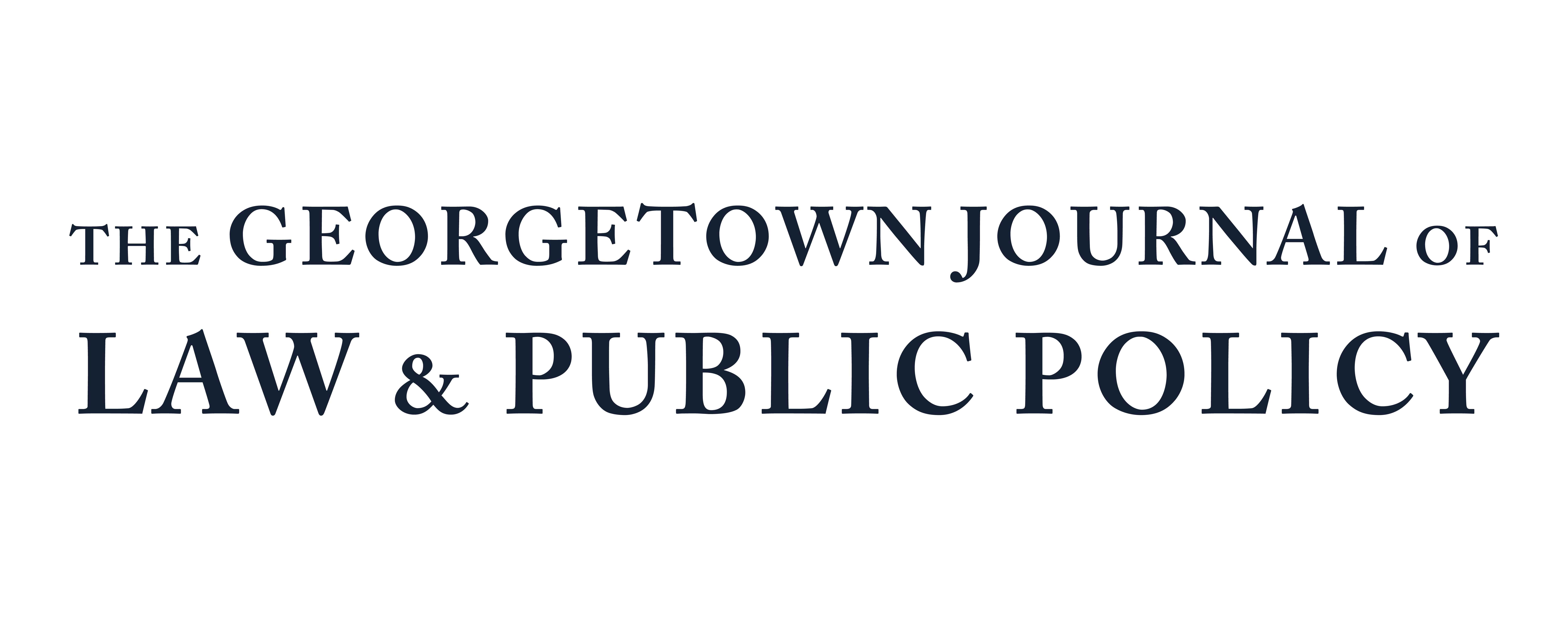Agency Deference after Kisor v. Wilkie
In Bowles v. Seminole Rock & Sand Co. and Auer v. Robbins the Supreme Court directed federal courts to defer to an agency’s interpretation of a vague or ambiguous rule. After two decades of criticism that those decisions effectively transferred law-interpreting power from Article III courts to agency officials, the Court granted review last term in Kisor v. Wilkie to decide whether to overturn those decisions. A badly fractured Court decided to completely rewrite rather than overturn them. In essence, Kisor turned Seminole Rock and Auer into Chevron deference. Yet, the Court did not decide whether the Administrative Procedure Act forbids giving an agency any deference when it construes a law. The result is that the Court has simply kicked the can down the road for perhaps a few more terms.
This Article will summarize Kisor and explain what it portends for administrative law. The Article will also discuss the answers to three questions that will arise in the near future in the application of Kisor and Chevron. First, what effect does a statute known as the Congressional Review Act have on the deference issue? Second, should an agency’s interpretation of its organic statute and own rules receive deference, not in an administrative proceeding or a civil lawsuit, but in a criminal prosecution? Third, is there a basis for treating differently the interpretations adopted by so-called “executive” and “independent” agencies? Kisor turned out to be an inconclusive battle in the “Deference War.” The fighting will shortly resume, most likely when the Court answers one of those three questions.
Keep Reading Agency Deference after Kisor v. Wilkie
Subscribe to GJLPP
